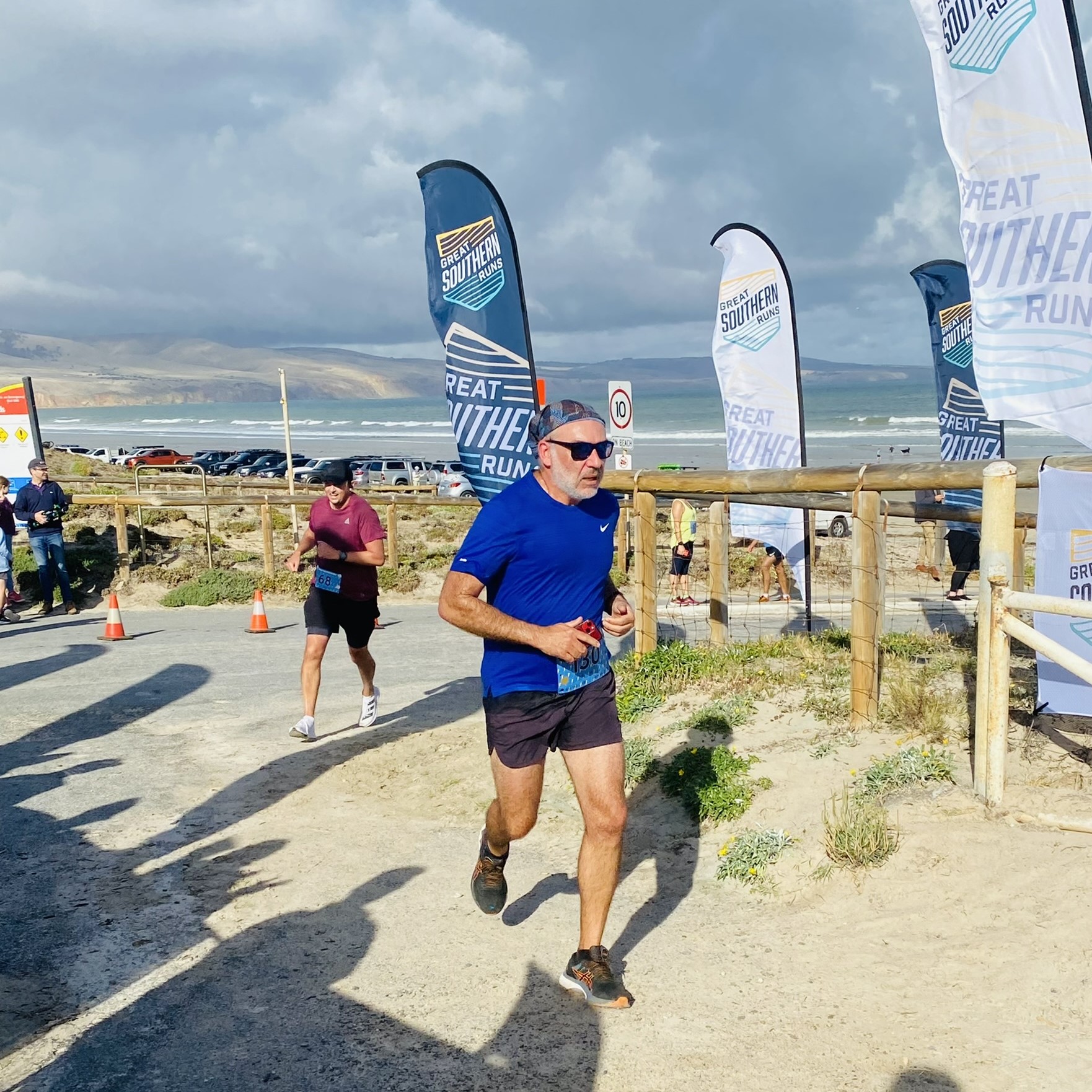
Running is a popular way to stay fit, but the risk of injury is high for many recreational runners. A recent study from the University of South Australia shows that sleep—both how long you sleep and how well you sleep—has a measurable impact on injury risk. By treating sleep as a key component of training, you can keep more miles on the road and fewer days on the sidelines.
Why Sleep Matters for Runners
Sleep is a biological process that repairs tissues, balances hormones, and maintains focus. When you miss these benefits, the body’s capacity to recover from the repetitive micro‑stress of running is reduced. The University of South Australia’s research found that rode‑ont runners who reported short sleep durations, poor quality, or frequent sleep disruptions were nearly twice as likely to suffer an injury over a 12‑month period compared with those who slept well.
Key research take‑aways
- Shorter sleep duration or poorer quality increased injury risk by 78 %.
- Runners who had consistent sleep schedules and felt rested reported fewer injuries.
- The study considered not only how long people slept, but also sleep efficiency, awakening frequency and the presence of sleep disorders.
Designing a Sleep‑Friendly Training Plan
Adopting a sleep‑first mindset involves making deliberate changes to your daily routine. Below are practical steps you can incorporate into your training regimen.
1. Target 7–9 Hours per Night
While general adults can function fine with 7 hours, athletes, especially those juggling work or family commitments, often need the upper end of this range. Aim for the ‘sweet spot’ of 8–9 hours to maximise recovery.
2. Keep Consistent Bedtime and Wake‑up Times
The circadian rhythm thrives on regularity. Even on weekends, try to sleep and wake 30 minutes earlier or later rather than hours apart. Consistent timing reduces sleep latency and improves depth.
3. Create a Sleep‑Conducive Environment
- Keep your bedroom cool (around 18–20 °C).
- Eliminate blue light: turn off screens 60–90 minutes before bed.
- Use earplugs or a white‑noise machine if ambient noise is an issue.
- Choose comfortable bedding and consider blackout curtains.
4. Manage Stimuli and Substances
Avoid caffeine and alcohol within 4–6 hours of bedtime. Light, carbohydrate‑rich snacks can help signal readiness for sleep.
5. Use Naps Strategically
Short naps (20–30 minutes) early in the afternoon can fill a recovery gap after a long run or a marathon training block. Avoid naps longer than 90 minutes to prevent sleep inertia.
Integrating Sleep Tracking into Your Routine
Modern fitness trackers often include sleep monitoring. By reviewing trends, you can identify patterns that precede injuries:
- Sudden decreases in sleep quality can signal over‑training.
- Frequent awakenings may correlate with muscular tension or stress.
- Consistent long sleep durations help maintain baseline injury‑free status.
Sleep and Performance: Beyond Injury Prevention
High‑level performance metrics—speed, VO₂max, and mental focus—also depend on sleep quality. Competing athletes who prioritize sleep often demonstrate steadier race times and fewer chronic injuries. For recreational runners, setting sleep goals can help you recover faster between sessions and reduce the temptation to push through fatigue, which often leads to strain.
Practical Checklist for Your Next Run
- Plan your sleep the night before. Decide on a bedtime, stick to it, and set a bedtime routine.
- Review your training load. If you’ve done a hard interval session, ensure you have a lighter recovery run the next day.
- Pack a recovery snack. Opt for protein and complex carbs to support tissue repair.
- Track rest metrics. Log your sleep duration and quality alongside your run distance.
When to Seek Professional Support
If you consistently experience fragmented sleep, non‑restorative nights or new onset symptoms (e.g., persistent fatigue, mood swings), consider speaking with:
- Sports physiologists or athletic trainers who can advise on training loads.
- Sleep specialists who can assess for disorders such as sleep apnea or insomnia.
- Nutritionists to adjust diet for better sleep quality.
Conclusion
Running is rewarding, but injuries can derail progress. Prioritizing sleep—through consistent duration, quality, and environment—offers a protective effect that is as crucial as correct mileage or nutrition. Incorporate these sleep‑focused habits into your routine, track your progress, and enjoy safer, more consistent training.
Take Action Now
Explore evidence‑based sleep strategies by visiting the University of South Australia’s research hub. Learn more about sleep research and how it applies to your running goals.
Start a sleep diary today. Discover tools and resources for sleepers that can help you stay ahead of injuries.
Have questions about how sleep intersects with your running program? Contact us for personalized support.


